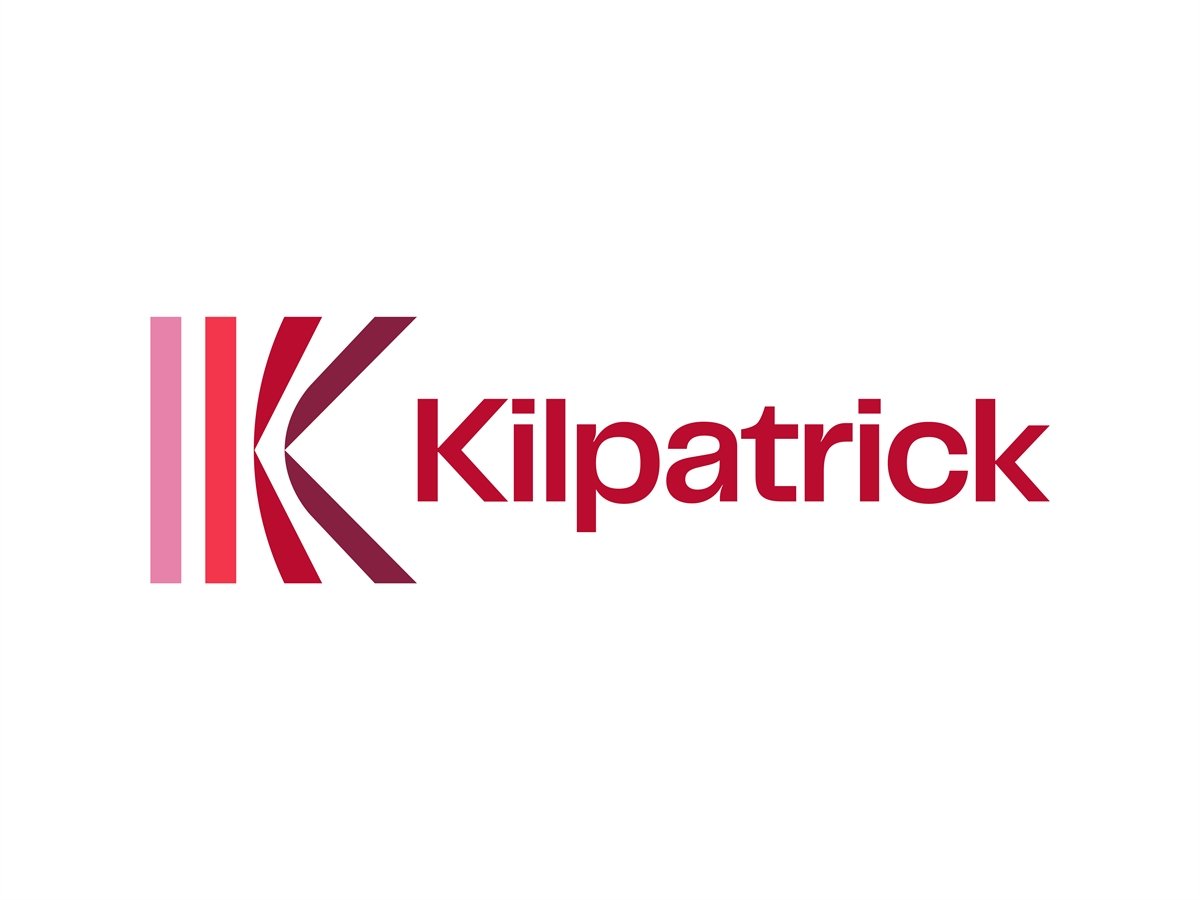Understanding the Landscape of Generative AI, Cybersecurity, and Privacy
In the rapidly evolving world of technology, cybersecurity and privacy are more critical than ever. Recently, Evan Nadel from Kilpatrick’s provided insightful commentary on this subject during a special Continuing Legal Education (CLE) session sponsored by the firm. His presentation, titled “Generative AI, Cybersecurity and Privacy,” highlighted significant legal developments and emerging challenges in this space, particularly emphasizing the impact of state privacy laws and tracking technologies.
The New York SHIELD Act: A Game-Changer in Data Security
One of the key highlights of Evan’s presentation was the New York SHIELD Act, or the Stop Hacks and Improve Electronic Data Security Act. This legislation is a notable evolution of New York’s data security laws, broadening the definition of what constitutes “private information.” As digital threats continue to rise, this act mandates that companies implement robust data security safeguards, essentially creating a more secure environment for personal data.
Furthermore, the SHIELD Act requires organizations to provide notice and reporting in the event of data breaches, ensuring accountability and transparency in data handling practices. While the act does not confer a private right of action—meaning individuals cannot sue for violations—the New York Attorney General holds the power to enforce compliance. This can lead to substantial fines and penalties, potentially reaching up to $250,000. Businesses must understand these implications and adjust their compliance strategies accordingly.
California’s Invasion of Privacy Act: A More Aggressive Stance
Turning to the Golden State, Evan highlighted the increasing significance of California’s Invasion of Privacy Act (CIPA). This law, originally designed for pre-Internet scenarios, has been vigorously applied to challenge traditional tracking technologies on websites. Common tools like cookies, pixels, and beacons now face heightened scrutiny as they come under the ambit of CIPA.
CIPA contains specific provisions that prohibit the use of “pen register” and “trap and trace” devices, even if they do not capture the content of communication. Some courts in California have interpreted these provisions to include online tracking tools, thus complicating how companies deploy digital marketing strategies.
The Legal Risks of Tracking Technologies
As businesses continually refine their online strategies, tracking technologies are indispensable for understanding user behavior and optimizing services. However, as Evan pointed out, the aggressive enforcement of CIPA signifies a shift in how California is approaching online privacy. Companies utilizing common tracking tools must be vigilant; the legal landscape is shifting in a manner that may render past methods legally risky.
Mitigating Exposure Under CIPA
To navigate these challenges and mitigate exposure to potential litigation under CIPA, companies are encouraged to update their cookie pop-up banners. Clear and unambiguous consent is crucial; users should not only agree to information sharing but also acknowledge the website’s privacy policy and terms of use. This proactive approach demonstrates transparency and builds trust with users while also reinforcing compliance with California’s privacy regulations.
Staying Ahead in Cybersecurity Compliance
Evan’s presentation serves as a timely reminder for businesses to actively engage with the evolving landscape of cybersecurity laws. With the increasing complexity surrounding data protection and privacy, organizations must prioritize compliance not just as a legal obligation, but as an essential aspect of user experience and corporate responsibility.
In this digital age, where generative AI is becoming more prevalent, safeguarding consumer data is paramount. As companies innovate and adapt to these technological advances, a keen awareness of the legal requirements and implications will be essential for maintaining security and trust.





